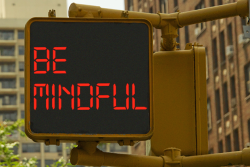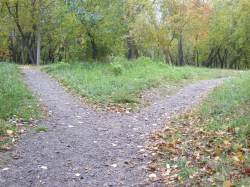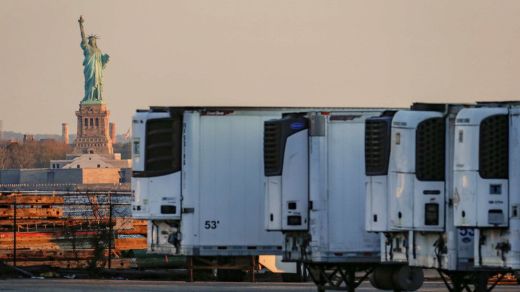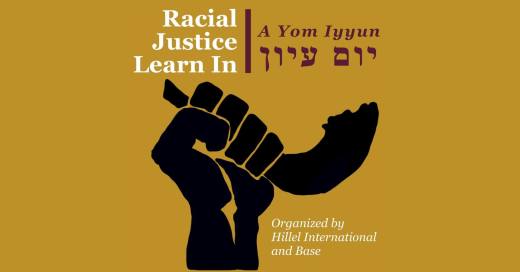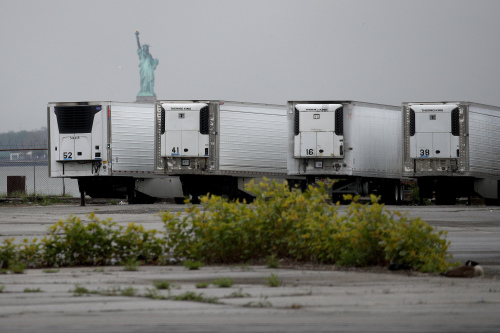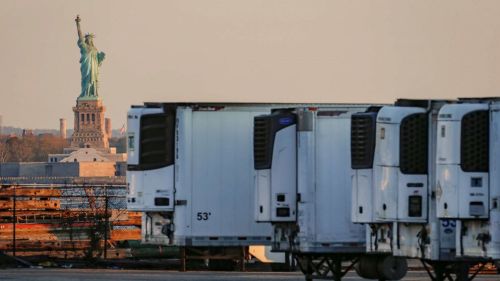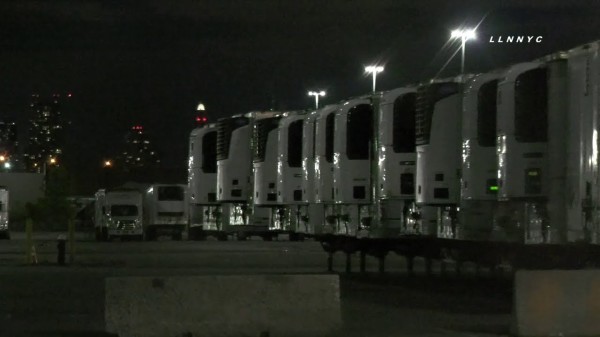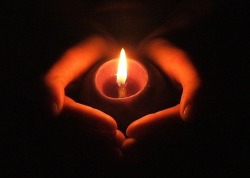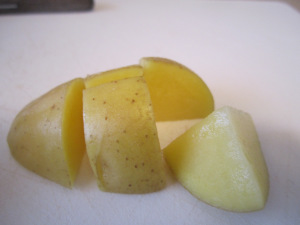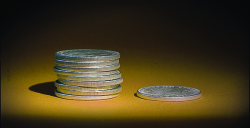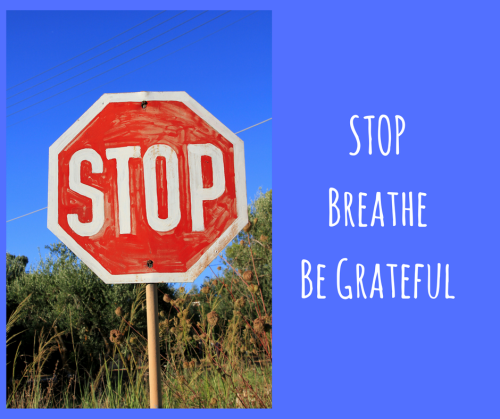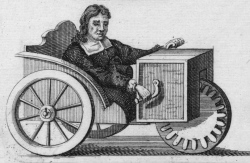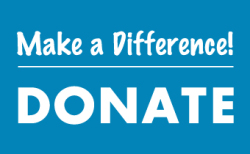 WAYS OF PEACE works throughout the year to empower the practices of "just-giving" — simple, regular, and fair.
WAYS OF PEACE works throughout the year to empower the practices of "just-giving" — simple, regular, and fair.
Like most non-profits, WAYS OF PEACE has been hit hard by the crises of the past year. Until now, we have held off on our own fundraising while supporting other organizations on the front lines of response. LEARN MORE
Now, in the spirit of mutual aid, we are reaching out. As you plan your year-end giving, we hope you will partner with WAYS OF PEACE in the ongoing work of transformation and healing.
Support WAYS OF PEACE with a donation today!
WAYS OF PEACE celebrates Giving Tuesday as the publication anniversary of Generous Justice: Jewish Wisdom for Just-Giving.
And Generous Justice has been updated for these times of crisis!
Our unique Jewish guide to social justice empowerment through personal finance now features a concluding section on "Charity, Clarity, and Solidarity" — along with resources for food justice, "Individual Reparations Accounts," and much more.*
Order Generous Justice TODAY to guide your giving!
*The updated edition of Generous Justice is the only one now available online.

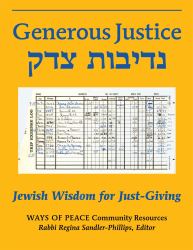
/Thich_Nhat_Hanh_by_Linh_Pham_-_NYTimes_(2)_520x391.jpg)
